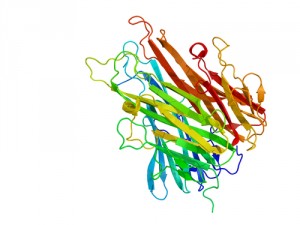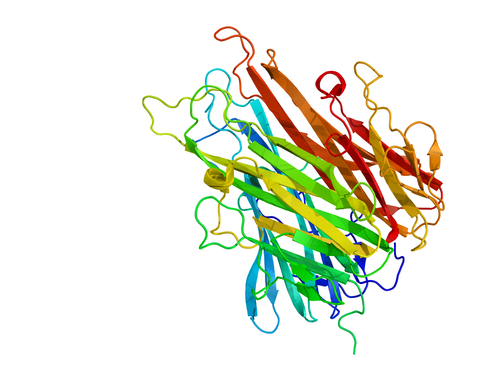 According to a recent study, prolonged treatment with Adalimumab, a TNF inhibiting anti-inflammatory drug, is beneficial for patients with moderately to severely active ulcerative colitis (UC).
According to a recent study, prolonged treatment with Adalimumab, a TNF inhibiting anti-inflammatory drug, is beneficial for patients with moderately to severely active ulcerative colitis (UC).
The study was conducted at the University of California’s Inflammatory Bowel Disease Center in San Diego by William J. Sandborn, M.D. and colleagues, where they evaluated the safety and efficacy of long-term adalimumab therapy in patients with moderately to severely active ulcerative colitis (UC).
Ulcerative colitis (UC) is a chronic, progressive inflammatory bowel disease that is characterized by mucosal inflammation of the colon. The cause of UC remains unknown, but tumor necrosis factor (TNF) seems to play a crucial role in the pathogenesis of the disease. The goal standard of treatment for patients with UC focuses on remission and mucosal healing, preventing hospitalization and colectomy, and improving quality of life.
The researchers analyzed data from the phase 3 placebo-controlled ULTRA (Ulcerative Colitis Long-Term Remission and Maintenance with Adalimumab)1 and 2 and open-label extension ULTRA 3 trials to assess remission (absence of signs and symptoms of disease) and mucosal healing, quality of life (QOL) improvements and reductions in hospitalization in 600 patients. The patients were randomly administered Adalimumab and the previous parameters were followed for 208 weeks. Using the conservative non-responder imputation (NRI) methodology, the researchers concluded that remission rates and mucosal healing were observed, respectively, in 24.7%, and 27.7% of the patients and, in addition, there were no new safety concerns and adverse events decreases or remained unchanged until the end of the treatment. In ULTRA 2 and 3, respectively, QOL improved during the last week of treatment and hospitalization rates decreased.
“Prolonged adalimumab treatment for up to 4 years is well tolerated and is beneficial for patients with moderately to severely active UC in maintaining remission and mucosal healing,” the researchers said. “The improvement in [QOL], work productivity, and low hospitalization and colectomy rates support the benefit of long-term adalimumab therapy in a patient population who failed conventional therapy and/or previous anti-TNF therapy,” added the researchers.

